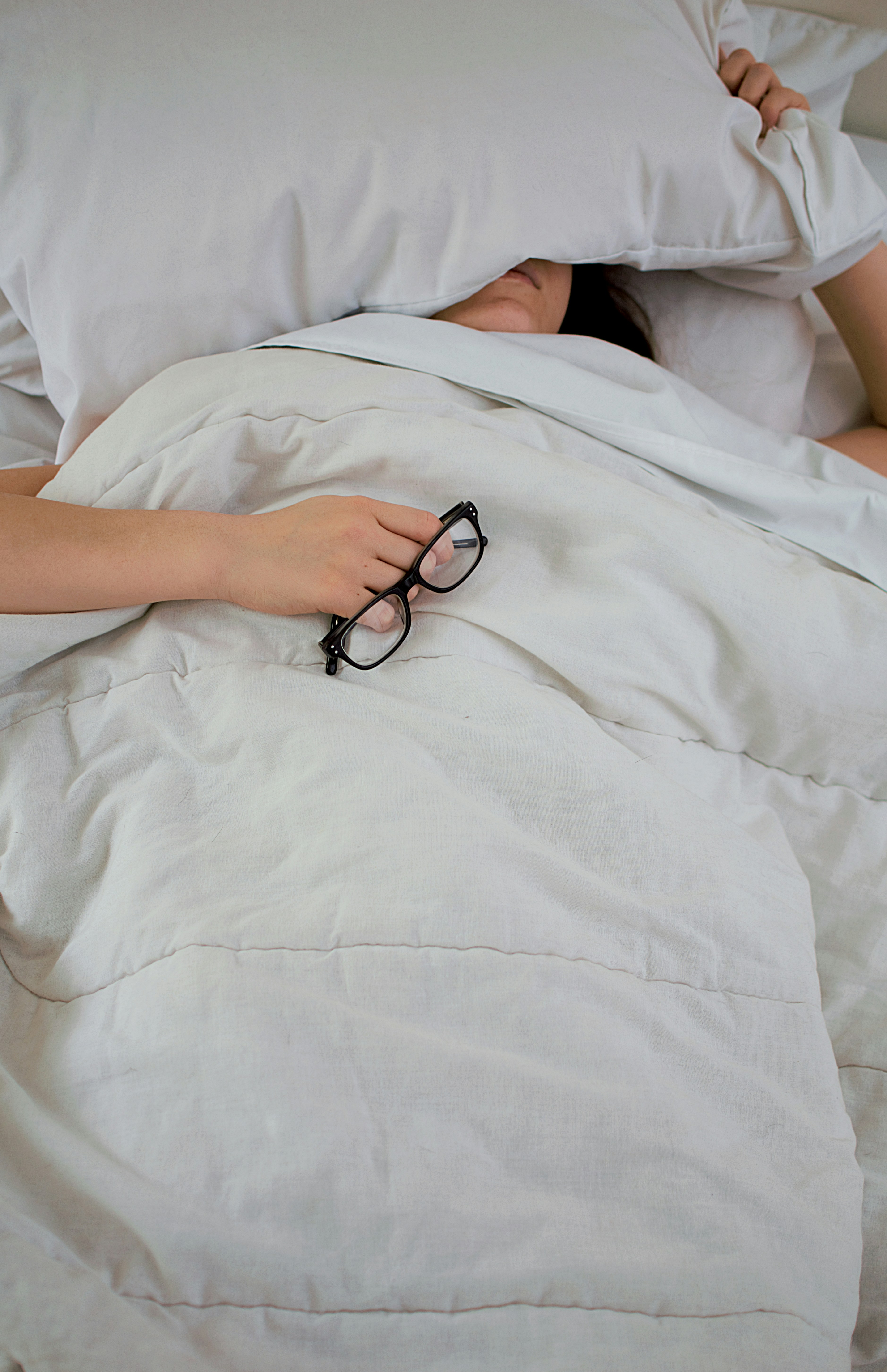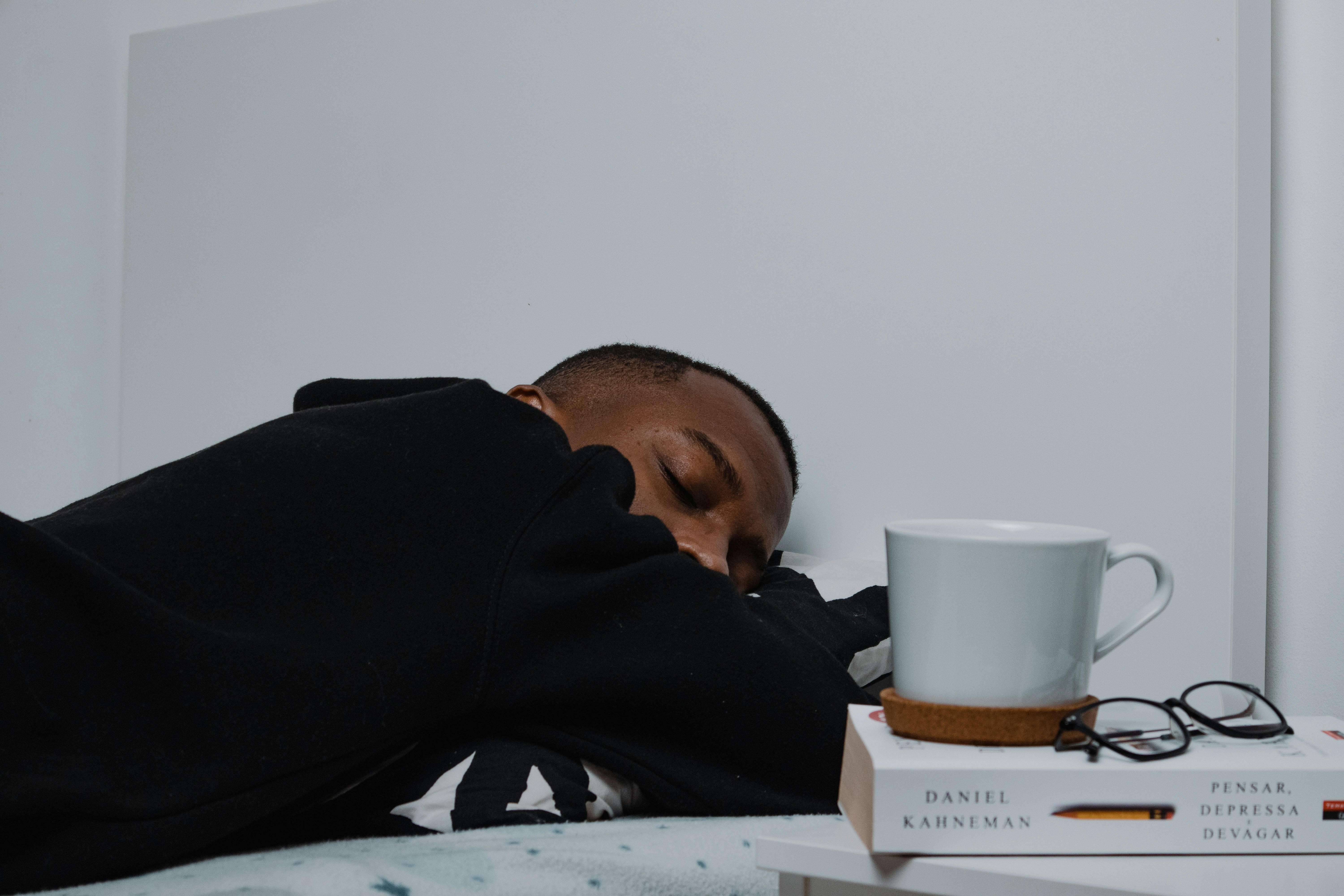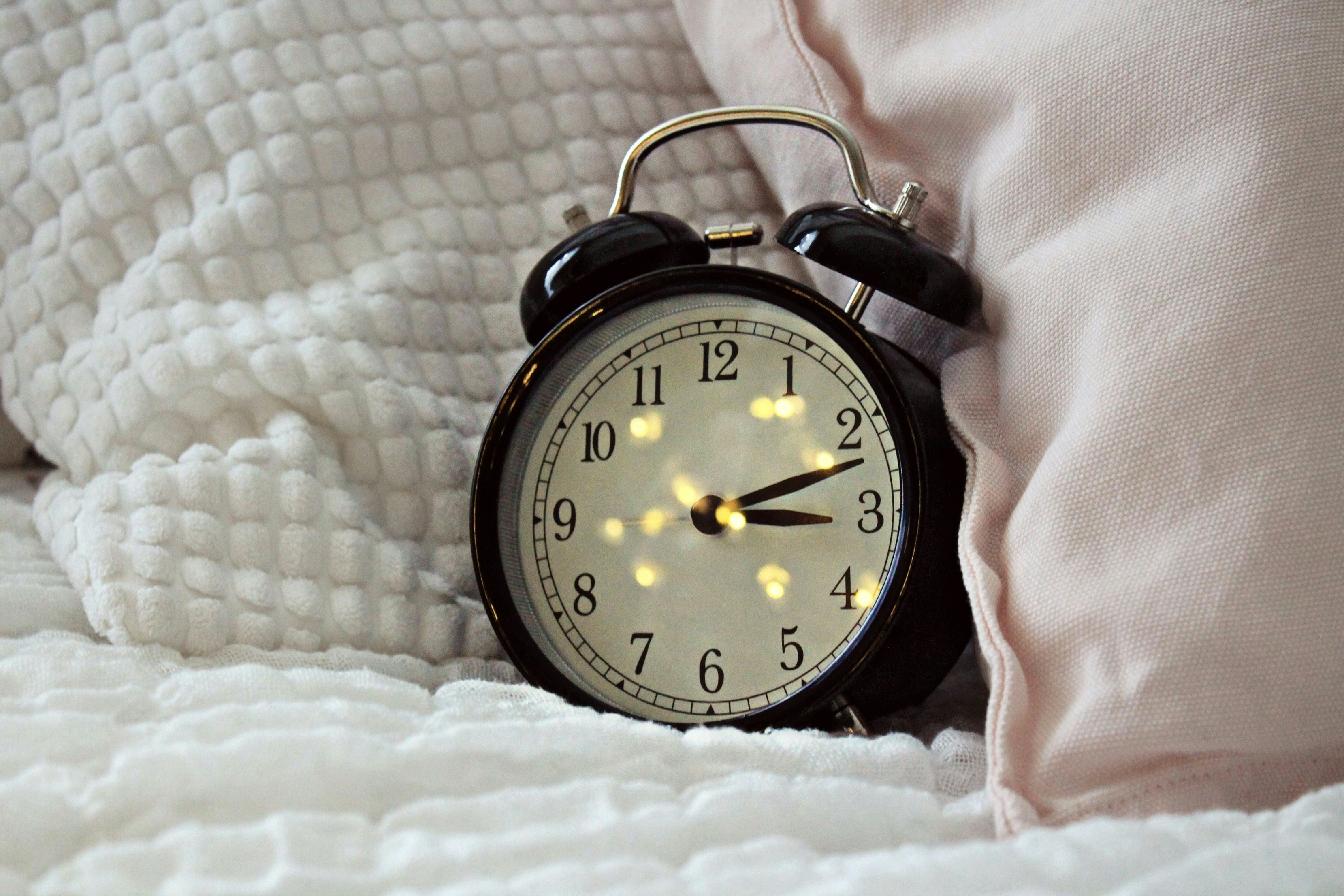Sleep and Productivity: How Rest Boosts Your Efficiency 🧑💼💡

Introduction
In today’s fast-paced world, we’re often told that the key to success is working harder, longer, and more efficiently. But here’s a little secret: the real key to being more productive might not be working extra hours at all—it’s actually getting enough sleep.
Yes, you heard that right. Sleep isn’t just for recharging your body; it’s also essential for optimizing your brain’s performance, creativity, and ability to focus. In this post, we’ll dive into the fascinating connection between sleep and productivity, and how a solid night’s sleep can actually make you more efficient at work and in your personal life. Ready to unlock the secret to a more productive day? Let’s explore!
1. Sleep and Cognitive Function: How Rest Powers Your Brain 🧠
We’ve all experienced it—the brain fog that comes from a night of poor sleep. It’s hard to focus, solve problems, and even remember the simplest things. So, it’s no surprise that sleep plays a huge role in cognitive function, which directly impacts productivity.
🛏️ The Brain Needs Sleep to Function
When you sleep, your brain enters a restorative state where it consolidates memories, processes information, and clears out toxins that build up during the day. This cleaning process is vital for maintaining cognitive performance, which includes attention, decision-making, and problem-solving skills.
The science : Studies have shown that a lack of sleep can impair attention and working memory, making it more difficult to focus on tasks and complete them efficiently. When you get enough sleep, on the other hand, your brain is in a much better state to handle complex tasks, retain information, and think critically.
📈 Sleep and Decision Making
Decision making is one of the key cognitive skills that drives productivity. Poor sleep can lead to impaired judgment and riskier decision-making, while getting enough sleep improves your ability to make thoughtful, informed choices.
The science : According to research published in Sleep journal, sleep deprivation reduces the brain’s ability to evaluate options and make decisions efficiently. If you want to make smarter decisions at work or in your personal life, getting enough sleep is a must.
2. Sleep and Focus: Why Being Well-Rested Makes You More Efficient
Anyone who’s tried to power through work while sleep-deprived knows the struggle of staying focused. You start a task, but your mind keeps wandering, you get distracted by everything around you, and before you know it, hours have passed without much progress. Sound familiar?
🧠 Sleep Restores Focus and Attention
Sleep is essential for restoring the brain’s ability to focus. When you sleep, your brain undergoes processes that allow you to maintain attention and stay on track with tasks. This means that getting enough rest helps you stay sharp and focused, making it easier to complete your work in less time.
The science : Research has shown that sleep deprivation impairs both the ability to concentrate and the ability to retain new information. A well-rested brain is better equipped to prioritize tasks and stay focused on what needs to get done.
🎯 Sleep and Productivity: The Power of a Clear Mind
A well-rested brain isn’t just better at focusing; it’s also better at making connections between ideas and solving problems. Sleep helps to clear mental clutter and boosts creativity, making it easier to find solutions to challenges.
The science : In a study conducted by the Harvard Business Review , individuals who were well-rested demonstrated higher levels of creativity and problem-solving ability than those who had been sleep-deprived. If you’re tackling a big project, a good night’s sleep could be the key to unlocking your best ideas.
3. Sleep and Emotional Regulation: How Rest Improves Your Mood
Have you ever noticed how you’re more irritable, reactive, or emotional when you haven’t slept well? That’s because sleep plays a critical role in emotional regulation, which is essential for maintaining productivity and avoiding burnout.
😴 Sleep and Mood: The Connection
Sleep deprivation can make us more emotionally reactive, leading to increased stress and frustration. On the flip side, getting enough sleep can help regulate emotions, reduce irritability, and keep you calm under pressure.
The science : A study published in Current Biology found that people who were sleep-deprived had heightened emotional responses, especially when faced with stress. When well-rested, they were more resilient to emotional challenges and better able to manage their feelings.
💪 Sleep and Stress Management
Lack of sleep can also make it harder to manage stress, which can quickly spiral into feelings of overwhelm and burnout. However, sleep helps to lower stress hormone levels, making it easier to cope with challenging situations and bounce back from setbacks.
The science : Research has shown that adequate sleep reduces cortisol, the stress hormone, which helps your body stay calm and composed in stressful situations. The better you sleep, the more resilient you are to stress.
4. Sleep and Physical Performance: How Rest Boosts Your Energy Levels
Physical energy is closely linked to mental energy, and if you want to boost your productivity, you need to take care of both. Sleep is crucial for replenishing your physical energy and ensuring you’re ready to take on the day’s challenges.
🏃♂️ Sleep and Restorative Power
When you sleep, your body repairs itself, replenishes energy stores, and restores muscle function. This restorative process doesn’t just help you feel physically refreshed—it also gives you the energy you need to stay productive throughout the day.
The science : Research has shown that sleep plays a vital role in energy recovery, with inadequate sleep leading to fatigue and decreased physical performance. So, if you want to maintain high levels of energy and productivity, getting enough sleep is key.
5. Tips for Better Sleep to Boost Productivity
Now that you know how important sleep is for productivity, here are some tips to ensure you get the most out of your rest and maximize your efficiency:
🕒 Set a Consistent Sleep Schedule
Maintaining a regular sleep schedule helps regulate your body’s internal clock, making it easier to fall asleep and wake up feeling refreshed. Try to aim for 7-9 hours of sleep each night.
🌙 Create a Sleep-Friendly Environment
Your sleep environment plays a big role in the quality of your rest. Make sure your bedroom is cool, dark, and quiet, and avoid using screens (phones, computers, etc.) before bed.
🧘♀️ Relax Before Bed
Take time to unwind before bed by practicing relaxation techniques like deep breathing, stretching, or meditation. This helps signal to your brain that it’s time to relax and prepare for sleep.
🍵 Avoid Caffeine and Alcohol
Both caffeine and alcohol can interfere with your sleep quality. Avoid these substances in the afternoon and evening to ensure you get a restful night’s sleep.
6. Conclusion: Sleep Your Way to Success
It’s clear—sleep isn’t just a luxury or a way to pass the time. It’s a productivity powerhouse that plays a key role in your cognitive function, focus, creativity, and emotional regulation. When you sleep well, you work well—and that’s the key to long-term success.
So, if you’re looking for a way to boost your productivity, improve your performance, and make the most of each day, don’t underestimate the power of a good night’s sleep. It’s the most affordable (and enjoyable) productivity hack out there!
“Sleep is the best meditation.” — Dalai Lama




